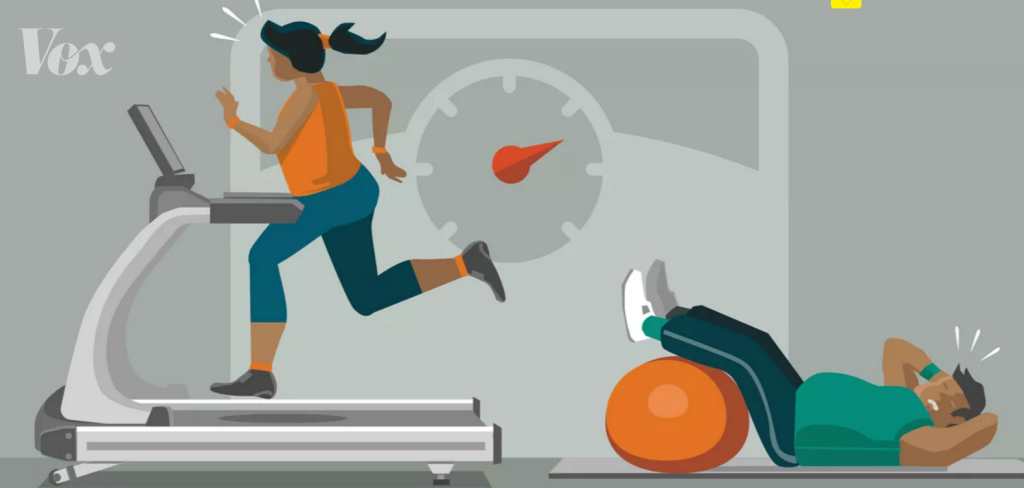7 Things Not to Say to Someone With Diabetes
Understand the misconceptions to show your support for those living with this chronic illness. For the more than 29 million Americans who have diabetes, living with the disease is challenge enough. However, awkward, ill-informed or insensitive remarks can add to the difficulties faced. To address misconceptions, it’s important to know what not to say to someone with diabetes. People living with diabetes have to think about what they eat for every meal and snack. However, there is no such thing as the “diabetes diet.” A well-balanced diet is recommended for everyone, not just for people with diabetes.
New Study Examines Health Benefits of Losing Weight in Different Ways
Researchers tested the effects of weight loss from calorie-cutting, exercise, and a combination of both.
Heart Disease Infographic
Those who consume alcohol moderately (approximately 1 drink daily or less) are 14-25% more unlikely to develop heart disease
Overweight And Pregnant: DietSensor Helps You To Manage Weight Gain During Pregnancy

New research suggests gorging on junk food in pregnancy increases the risk a woman’s children, grandchildren and great-grandchildren will suffer metabolic problems. The sad part is that the findings show the risks remains even if their offspring consume healthy diets.
Diabetes and kidney disease may increase African-Americans’ cardiovascular-related risks

Diabetes and kidney disease, separately and together, were linked with increased risks of stroke, coronary heart disease, and cardiovascular mortality in African-Americans living in Mississippi.
Specific diet plan works better than drugs for type 2 diabetes, study shows

Highly structured nutrition therapy helped type 2 diabetes patients reach health goals similar to those accomplished with medications, researchers report. « This is very encouraging since participants un the study have lived with type 2 diabetes for more than 10 years and were not able to control their blood glucose or weight with multiple medications. »
How to Avoid Diabetic Complications

Long term diabetic complications are the result of one or more parts of your body becoming damaged as a result of diabetes.
Long term complications need not be inevitable and research indicates that it is possible to minimise complications or avoid or prevent them altogether.
Americans are fatter than ever, CDC survey finds

A CDC survey finds that more Americans had health insurance and fewer smoked cigarettes in 2015, but the gains were overshadowed by rising rates of obesity and diabetes.
Why you shouldn’t exercise to lose weight, explained with 60+ studies

Physical activity may have less to do with weight loss than we think. We have an obesity problem. But we shouldn’t treat low physical activity and eating too many calories as equally responsible for it. Public-health policies should prioritize fighting over-consumption of ow-quality food and improving the food environment and lifestyle. DietSensor shows you how.
EVMS Medical Group

Diabetes makes a pregnancy high risk. This is because diabetes can cause many potentially negative effects on the baby as well as the mother. Blood sugar is the baby’s food source and it passes from the mother through the placenta to the baby. When a woman has diabetes and her blood sugars are poorly controlled (too high), excess amounts of sugar are transported to the baby. Since the baby does not have diabetes, he/she is able to increase the production of insulin substantially in order to use this extra sugar. DietSensor tells you how to prevent gestational diabetes.



